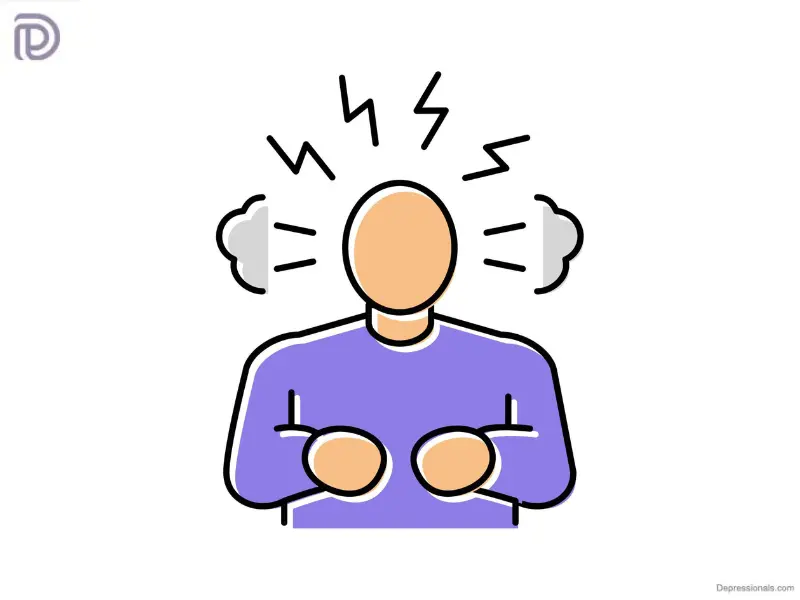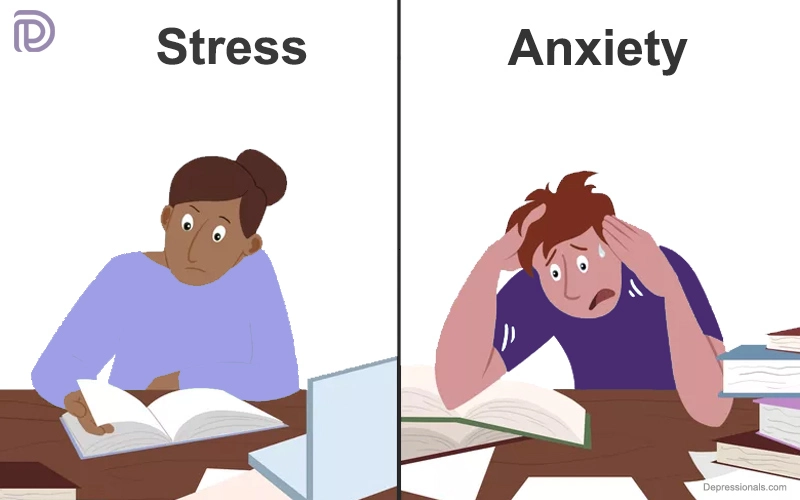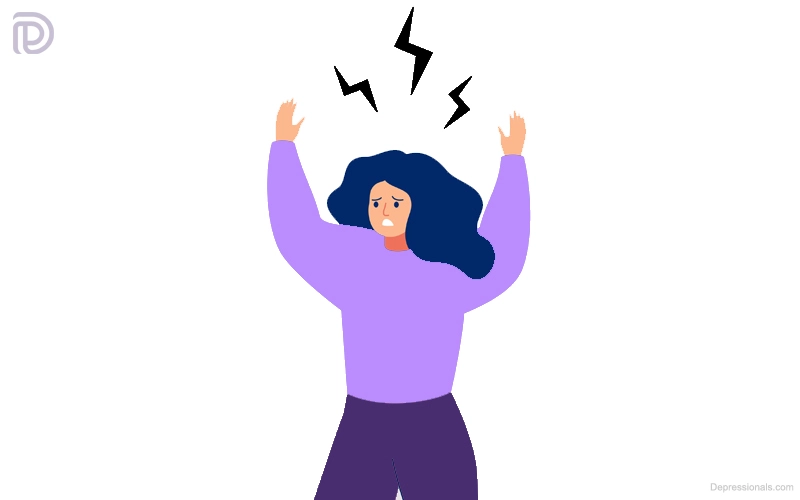Broken heart syndrome is often triggered by stressful events and emotional upheaval. Surgical procedures or serious illnesses may trigger the condition as well.
Sudden chest pain or the impression of a heart attack are symptoms of broken heart syndrome. One or more parts of the heart are damaged in broken heart syndrome, which temporarily stops the heart from pumping. Even so, the remainder of the heart is continuing to work properly or even contracting more strongly.
It’s possible to treat broken heart syndrome symptoms. Most of the time, the syndrome will go away on its own.
Other broken heart syndrome medical term include:
- Stress cardiomyopathy
- Takotsubo cardiomyopathy
- Apical ballooning syndrome
Read: What is aToxic Relationship
Symptoms
Some signs and symptoms of broken heart syndrome may mimic those of a heart attack, including:
- Chest pain
- Shortness of breath
If you have chest pain that does not go away or persists, it could be a sign of a heart attack, so take it seriously. Call emergency services or 911 if you have chest pain.
Read: Emotional Disorders
Causes
It is not clear what causes broken heart syndrome. Some people are believed to suffer heart damage if they experience a surge in stress hormones, such as adrenaline. These hormones may harm the heart in some way, or there may be another cause.
Occasionally, the heart’s larger or smaller arteries are squeezed by temporary constriction. It is also possible that people with this syndrome change the structure of their hearts.
The symptoms of broken heart syndrome often precede an intense emotional or physical event. The syndrome may result from acute illnesses (like an asthma attack or an infection with COVID-19), major surgery or a broken bone.
This condition may be triggered by anything involving strong emotion, such as death or a loss, or by a strenuous argument.
Broken heart syndrome is rarely caused by certain drugs, including:
- Asthma or allergy medications taken in an emergency
- Medicines for treating anxiety
- Nasal decongestants
- Drugs that contain stimulant properties, such as methamphetamines and cocaine
Do not wait until you have a medical problem to tell your doctor about your medications. You should discuss the potential risks and side effects of taking a new medication with your healthcare provider.
Read: Psychological Disorders
What is the difference between broken heart syndrome and a heart attack?
A heart attack occurs when an artery in the heart is completely blocked or nearly blocked. During broken heart syndrome, the arteries of the heart are not blocked, but the blood flow can be reduced.
Risk factors
The following factors are known to increase the risk of broken heart syndrome:
- Sex: Women are more likely to suffer from broken hearts than men.
- Age: People who suffer from broken hearts tend to be older than 50.
- Mental health issues in the past or present: The risk of broken heart is higher in people with anxiety or depression.
Complications
Broken hearts rarely result in death. Broken heart syndrome is usually treated quickly and doesn’t have long-term side effects.
Breaking a heart can also lead to complications such as:
- Edema of the lungs caused by backflow of fluid
- Low blood pressure (hypotension)
- Irregular heartbeats (arrhythmias)
- Heart failure
- Weakened heart muscles cause blood clots to form
Another stressful event may trigger a recurrence of this syndrome. However, this is unlikely to occur.
Read: Signs of Egoistic Person
Prevention
A beta blocker or similar medication that blocks the potentially damaging effects of stress hormones on the heart is often recommended as a long-term treatment to prevent another episode of stress cardiomyopathy.
There is a link between chronic stress and broken hearts in some people. Emotional stress can negatively impact heart health. Managing it can help prevent the condition.
Diagnosis
An examination of the body and questions about your medical history will help diagnose broken heart syndrome. Likewise, he or she may ask if there have been any stressful events recently, like losing a loved one.
Those who have broken hearts usually don’t show any signs or symptoms of heart disease before they are diagnosed.
The following tests may be done to confirm broken heart syndrome by your health care provider:
- Electrocardiogram (ECG or EKG). A quick test to see how your heart is working. Often, the chest, arms, and legs are also covered with electrodes (sticky patches). Test results are displayed on a computer via wires connected to the electrodes. If there is a problem with the heart’s rhythm, a heart ECG can diagnose it. A broken heart’s ECG appears different from one from a heart attack.
- Coronary angiogram. An X-ray imaging test is used to examine the heart’s blood vessels. The coronary arteries are dyed during a coronary angiogram. Then some X-ray images are taken (angiograms). An X-ray shows the blood vessels better when the dye is applied.
Heart attacks are ruled out with coronary angiograms. Angiograms usually show no blockage in the blood vessels in people with broken heart syndrome, but they do appear to have one in people with heart attacks. You will need to check with your health care provider if a broken heart caused your signs and symptoms once it has been confirmed that you are not having a heart attack.
- Echocardiogram. Sound waves are used to obtain images of the size, structure, and motion of the heart during this noninvasive procedure. It can determine if the heart is enlarged or unusually shaped, which could signal broken heart syndrome.
- Blood tests. A higher level of cardiac enzymes is found in the blood of people with disorder.
- Cardiac magnetic resonance imaging (cardiac MRI). This imaging test uses a magnetic field and computer-generated radio waves to create detailed images of the structures of the heart.
Read: Signs of Materialistic Person
Treatment
Broken heart syndrome does not have a standard treatment. Until the diagnosis is confirmed, it is treated as a heart attack would be. It is common to be hospitalized while recovering.
The majority recover completely within a month or two. A second echocardiogram is likely to be needed within four to six weeks of the first examination to ensure your heart has recovered.
Related: How To Deal With a Narcissist
Medications
The symptoms of broken heart syndrome may be diagnosed as soon as possible, and medications may be prescribed to minimize the pressure on the heart and prevent further attacks. Examples of these medications are:
- Angiotensin-converting enzyme (ACE) inhibitors
- Angiotensin II receptor blockers (ARBs)
- Beta blockers
- Diuretics
- Anticoagulants if there is a blood clot
Surgeries or other procedures
Broken heart syndrome isn’t treated by common heart attack surgeries and procedures like balloon angioplasty, stent placement, or open-heart surgery. The disorder does not result from these procedures since they treat blocked arteries.
Related: 12 Simple Ways to Reduce Stress
Why does sudden stress weaken the heart muscles?
Adrenaline and noradrenaline are hormones and proteins your body produces when it experiences a stressful event.
Stress can lead to a sudden surge of adrenaline that overwhelms the heart muscle. A temporary decrease in blood flow to the heart can result from a narrowing of the small arteries that supply the heart with blood due to excess adrenaline.
It is also possible that adrenaline will directly bind to the heart cell membrane and cause large quantities of calcium to enter the cells. An excessive intake of calcium can interfere with the proper functioning of the heart cells. Hearts tend to recover fully within a few days or weeks after it is exposed to adrenaline during broken heart syndrome.
Complications of broken heart syndrome
There have been a few reported complications, including:
- Heart valve rupture from the left ventricle (free wall)
- Left ventricle blood flow is blocked
- Failure of the heart (insufficient blood flow to the body)
- Left ventricle blood clot
- in the outflow tract of the left ventricle
- Cardiogenic shock
- Complete atrioventricular block
- Death
Know what you can expect from your doctor
If you have chest pain, your physician may ask:
Do you currently have or have you recently had any other health problem
- What are your symptoms?
- When did they start?
- Are there any other areas of your body that are experiencing pain?
- Do you experience pain with every heartbeat?
- Describe your pain in a few words.
- What makes your symptoms worse when you exercise or move around physically?
- Is there a family history of heart disease?






There are some fascinating points in time on this article however I don’t know if I see all of them center to heart. There may be some validity but I’ll take hold opinion till I look into it further. Good article , thanks and we would like more! Added to FeedBurner as properly
Very interesting subject regards for putting up.
This sort of subject has been on my mind for some time and I’ve been looking for high quality articles or blog posts. Luckily, I found this page while searching in Yahoo.
I’m grateful to have discovered just what I needed by reading this information So I’m happy to express that I’ve an incredible uncanny feeling I discovered what I needed. This site was really interesting, I’ll definitely make sure not to overlook this site and give it a look regularly.